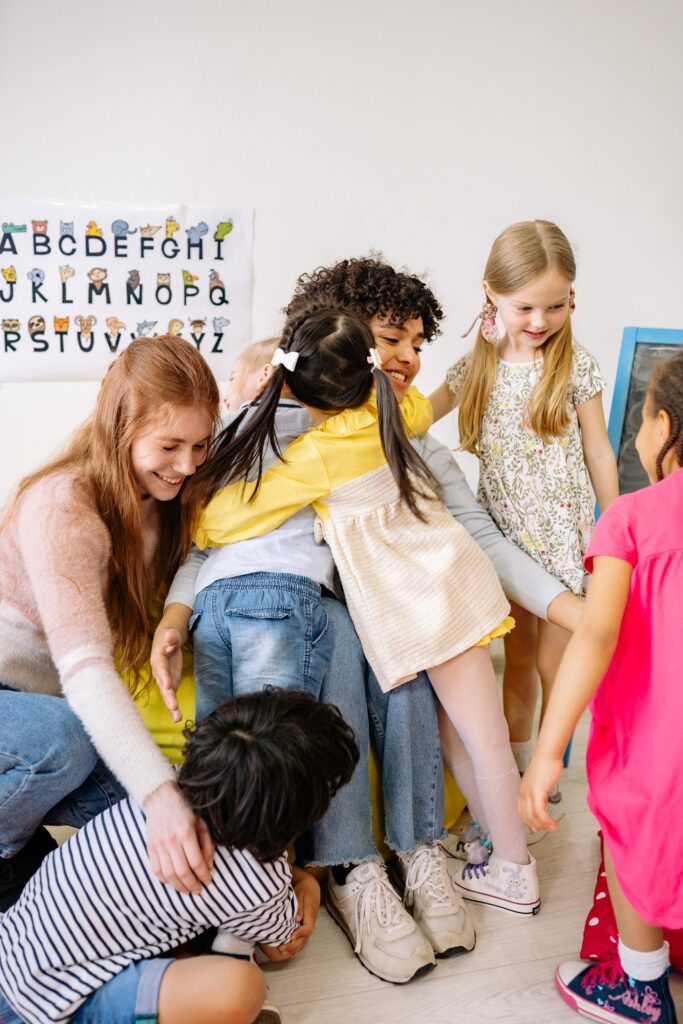Gratitude is an essential virtue that can help children develop a positive attitude toward life. In Montessori preschool, gratitude is an integral part of the curriculum. The Montessori method of teaching emphasizes the importance of fostering a sense of gratitude in children from an early age. But is it true that children practice gratitude in Montessori preschool? Let’s find out.
Montessori Method and Gratitude
The Montessori method of teaching emphasizes the importance of developing a child’s emotional, social, and spiritual intelligence along with their cognitive abilities. The Montessori philosophy believes that children are naturally curious, and they should be encouraged to explore and learn from their surroundings. In addition to academic skills, children should also be taught essential life skills such as empathy, kindness, and gratitude.
How Montessori Preschools Teach Gratitude
In Montessori preschools, children are taught to appreciate and respect their surroundings. They are taught to express gratitude for the natural world, the people around them, and the things they have. Here are some ways Montessori preschools teach gratitude:
- Appreciation of Nature
Montessori encourages children to explore and appreciate nature. Children are taught to take care of plants, animals, and the environment. This instills in them a sense of gratitude for the natural world and encourages them to be responsible stewards of the planet.
- Respect for Others
Montessori preschools teach children to respect and appreciate other people. They are encouraged to express gratitude for the kindness and help they receive from others. This helps children understand the value of relationships and the importance of being thankful for the people around them.
- Gratitude Activities
Montessori preschools incorporate gratitude activities into their curriculum. Children are encouraged to write thank-you notes, create gratitude journals, and participate in gratitude circles. These activities help children understand the concept of gratitude and encourage them to express their appreciation for the people and things in their lives.
Benefits of Teaching Gratitude in Montessori Preschools
Teaching gratitude in Montessori preschools has several benefits. It helps children develop a positive attitude towards life, promotes empathy and kindness, and fosters healthy relationships. Here are some benefits of teaching gratitude in Montessori preschools:
- Emotional Well-being
Gratitude has been linked to improved emotional well-being. By teaching children to express gratitude, Montessori preschools help children develop a positive attitude toward life, which can improve their emotional health.
- Positive Relationships
Expressing gratitude can help foster positive relationships. By teaching children to appreciate the people around them, Montessori preschools help children develop healthy relationships with their peers and family members.
- Kindness and Empathy
Gratitude is closely linked to kindness and empathy. By teaching children to be grateful, Montessori preschools encourage children to be kind and empathetic towards others.
In conclusion, teaching gratitude is an essential part of the Montessori curriculum. Montessori preschools teach children to appreciate the natural world, respect others, and express gratitude for the people and things in their lives. By teaching children to be grateful, Montessori preschools help children develop a positive attitude, promote empathy and kindness, and foster healthy relationships.
